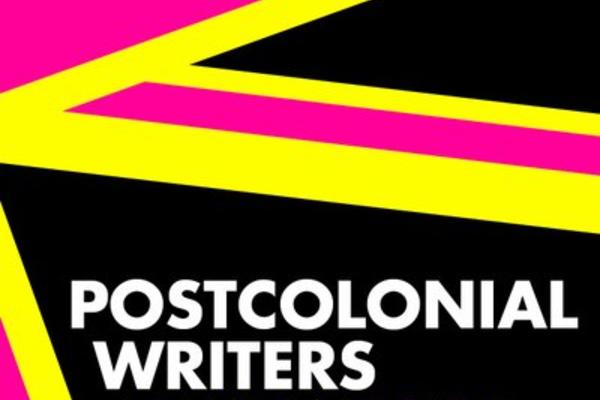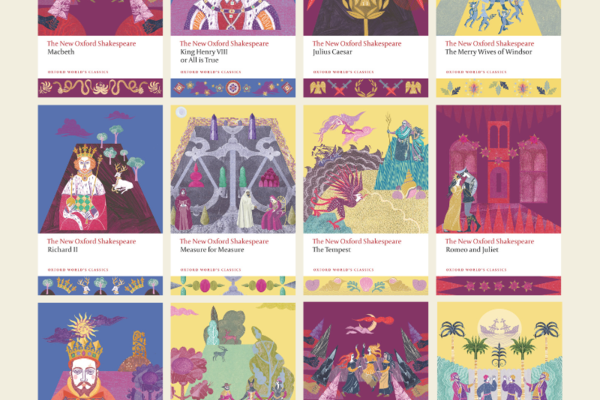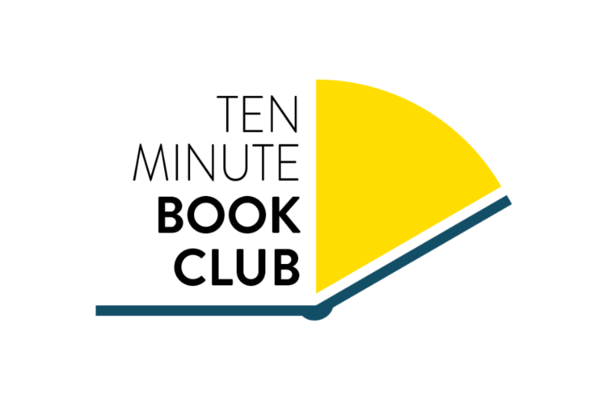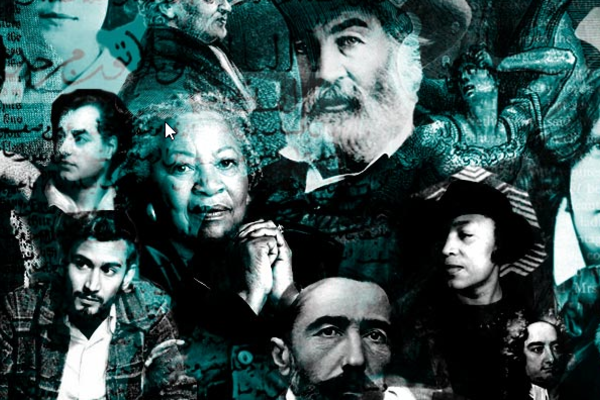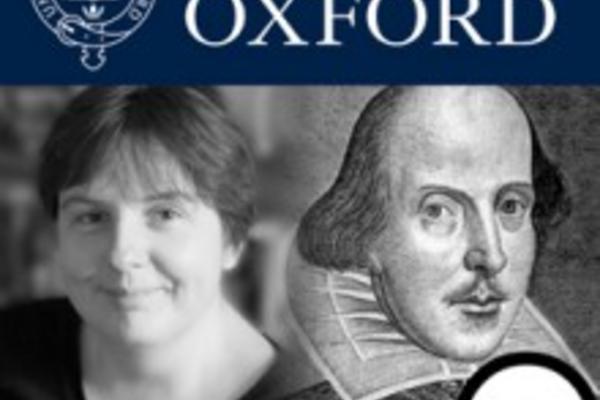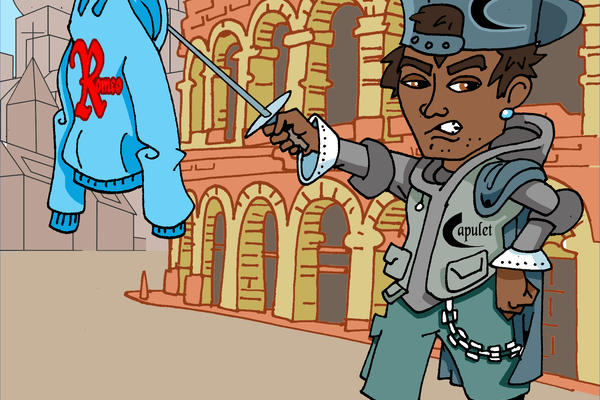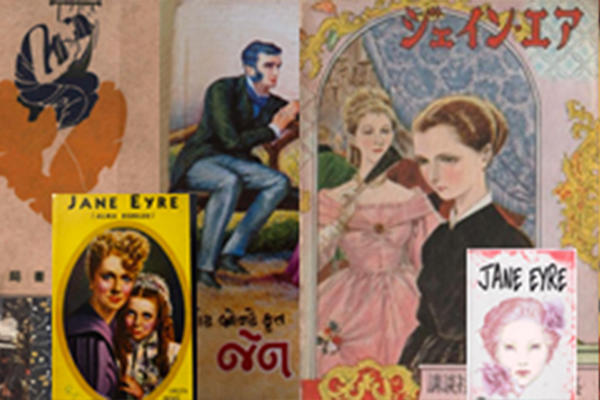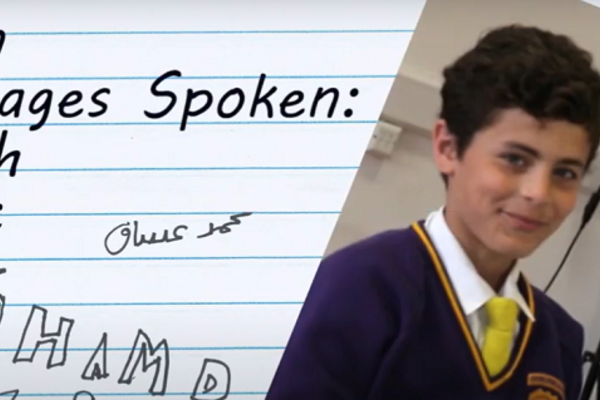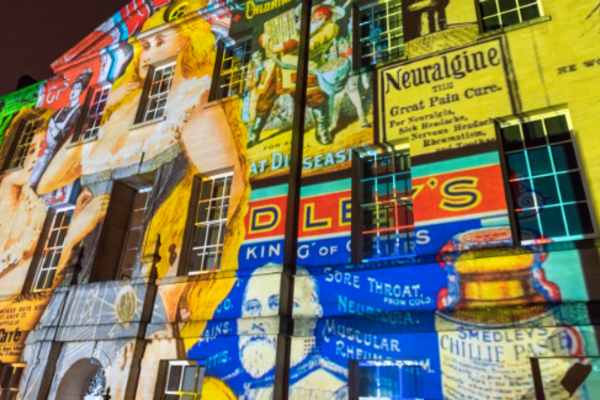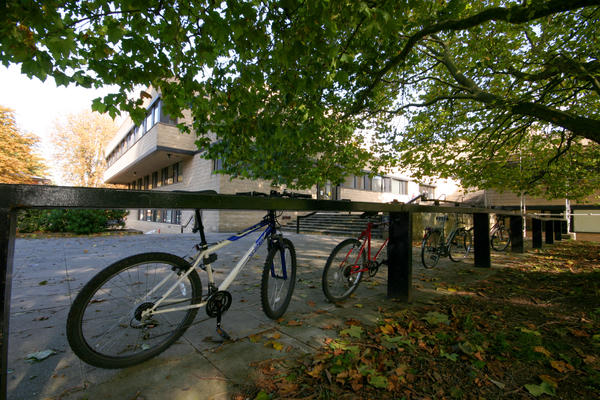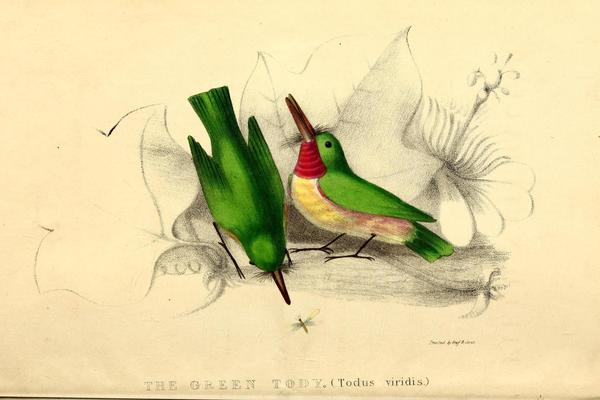Resources
The following resources have been created and/or curated by our Faculty members. The resources include podcasts, images, films, lectures and essays on a huge variety of authors and literary topics. Browse the links below and see what you discover!
English Faculty / Oxford World's Classics Shakespeare Webinar Series
English Faculty / Oxford World's Classics Shakespeare Webinar Series
Ten-Minute Book Club
Ten-Minute Book Club
Great Writers Inspire
Great Writers Inspire
LitHits
LitHits
Professor of Poetry newsletter
Professor of Poetry newsletter
Approaching Shakespeare
Approaching Shakespeare
WillPlay
WillPlay
Prismatic Jane Eyre teaching resources
Prismatic Jane Eyre teaching resources
Contagion Cabaret
Contagion Cabaret
Poetry writing activities
Poetry writing activities
Examples of nineteenth-century non-fiction texts
Examples of nineteenth-century non-fiction texts
English Faculty podcasts
English Faculty podcasts
Science Gossip dataset


